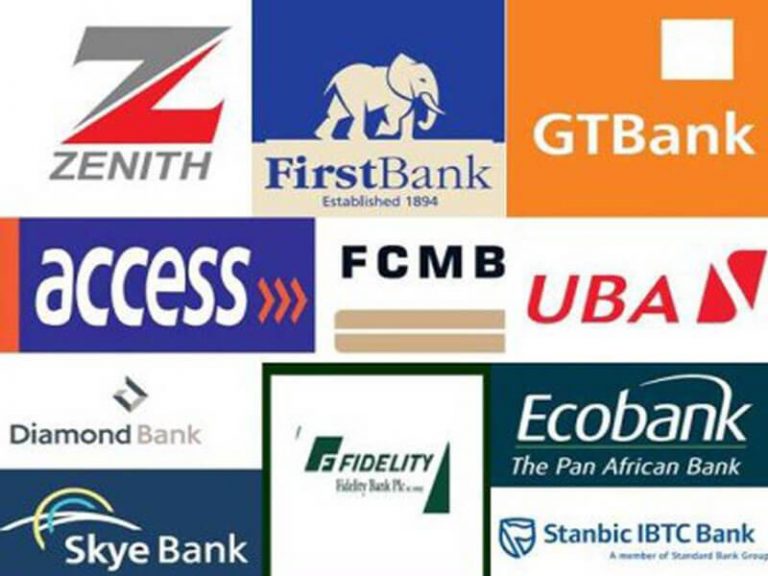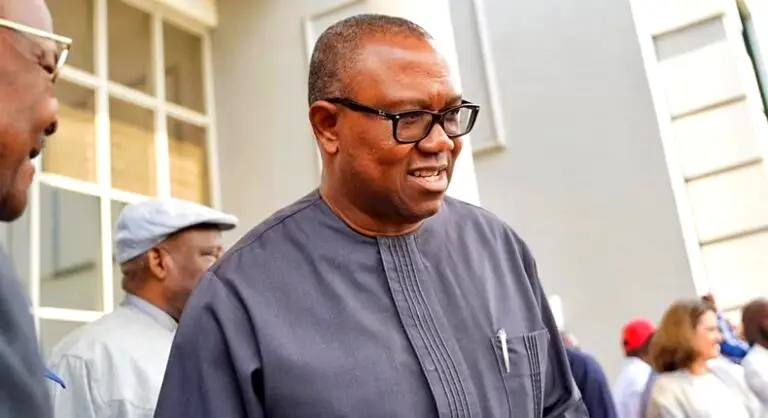The dollar held steady against a basket of currencies on Tuesday as financial markets braced for the first U.S. presidential debate, while traders also tracked developments on the U.S. stimulus bill.
The dollar index was unchanged at 94.209, drifting away from a two-month high of 94.745 reached last week, as stock markets made solid gains partly on upbeat China data with Wall Street rebounding following last week’s selloff, reports Reuters.
All eyes are on the first U.S. presidential election debate where Democrat Joe Biden and Republican Donald Trump will square off later on Tuesday (0100 GMT on Wednesday).
“If the debate puts Trump on the back foot and Biden keeps his lead, I think it could lead people to let go of their dollars,” said Daisuke Karakama, chief market economist at Mizuho Bank.
“The dollar market has been broadly bottoming out from low prices since mid-September. The question is what would be the trend in October,” Karakama said, adding that market participants are also keeping a close watch on any stimulus package plans.
House Speaker Nancy Pelosi said on Monday the Democratic lawmakers were unveiling a new $2.2 trillion coronavirus relief bill, a compromise measure that reduces the costs of the economic aid.
Markets are also braced for a slew of data to gauge the health of the world’s biggest economy ahead of the election, analysts say, including Tuesday’s consumer confidence, a manufacturing survey and consumer data on Thursday as well as jobs report on Friday.
Sterling extended its overnight gains on optimism about a Brexit trade deal as the European Union and Britain kicked off a decisive week of talks.
The British pound edged 0.18% higher, fetching $1.2856 in Asian trade, having touched $1.2930 overnight.
Against the euro, sterling changed hands at 90.77 pence.
While both the EU and Britain said a post-Brexit agreement was still some way off, European Commission chief Ursula von der Leyen said a deal was still possible.
Separately, the pound also found support overnight as Bank of England Deputy Governor Dave Ramsden said he thought the floor for the central bank’s key interest rate was 0.1%. Ramsden however said the BoE was “duty-bound” to consider pushing the rates below zero.
The euro steadied at $1.1674, with its recovery capped by European Central Bank President Christine Lagarde’s remarks that the external value of the shared currency has an impact on inflation, and that policymakers will monitor currency movements.
As Europe grapples with a surge in new coronavirus infections, traders will be looking out for euro zone consumer confidence and industrial sentiment data for September for signs of any impact on the region’s economic recovery.
Elsewhere, the dollar was little changed against the yen at 105.52 yen.
“The problem right now is that political risks in both sides of the world are neutralising the yen momentum,” said Stephen Innes, chief global market strategist at AxiCorp.
“I think ultimately, if we go through the inflation area impacts, the U.S. real yields dropping more – the markets gravitate back more frequently into the yen,” he said.
Data on Tuesday showed Tokyo’s core consumer prices fell 0.2% in September, the latest evidence of the lingering impact of the coronavirus on business activity.
The risk-sensitive Australian dollar gained moderately as economists pushed back expectations for a rate cut by the Reserve Bank of Australia to November from next week, with support also coming from the broad rise in risk appetite.
The Aussie bounced off its two-month low to last trade at $0.7084, while the kiwi sat at $0.6568.
Dollar Steady As All Eyes On US Presidential Debate
Post Date : September 29, 2020






